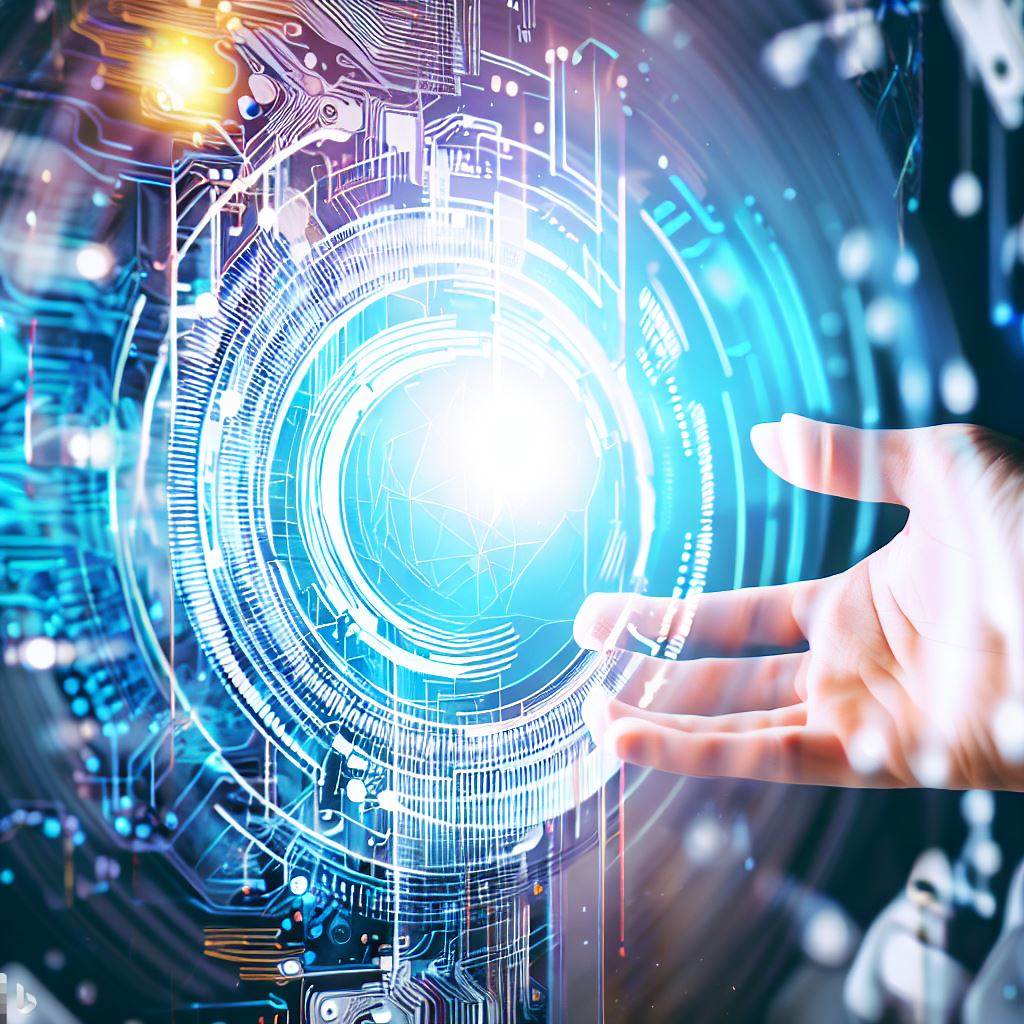The future of smart technology is on a trajectory to revolutionize various aspects of our daily lives, industries, and societies. From wearable devices to smart homes and cities, here’s a glimpse of what’s on the horizon:
1. Wearable Technology:
- Health and Fitness Trackers: These will evolve to monitor more than just heart rate and steps. They might predict potential health issues, monitor blood sugar in real time, and offer mental health support.
- Smart Clothing: Clothes embedded with sensors to monitor vital signs or change temperature based on environmental conditions.
2. Smart Homes:
- Advanced Home Automation: Appliances that communicate with each other, self-repairing systems, and more intuitive voice assistants.
- Energy Efficiency: Homes will auto-adjust heating, cooling, and lighting for maximum efficiency, saving costs and reducing carbon footprints.
- Enhanced Security: Facial recognition door systems, drones for home security, and advanced fire detection.
3. Smart Cities:
- Infrastructure: Smart grids will manage resources like electricity more efficiently.
- Transportation: Smart traffic management, automated public transport, and more electric vehicle charging stations.
- Environmental Monitoring: Sensors that monitor and manage waste, air quality, and water resources.
4. Augmented Reality (AR) and Virtual Reality (VR):
- Integrated into daily routines, AR and VR will be used for training, education, remote work, and enhanced entertainment experiences.
5. Smart Vehicles:
- Autonomous Driving: Cars that can drive themselves with minimal human intervention.
- Vehicle-to-Everything (V2X) Communication: Vehicles communicating with each other and infrastructure to prevent accidents and manage traffic.
6. Internet of Things (IoT):
- Increased Interconnectivity: Billions of devices connected, sharing, and analyzing data.
- Personalized Experience: Devices that learn and adapt to user preferences.
7. Smart Healthcare:
- Telemedicine: Consultations, monitoring, and even some procedures done remotely.
- Personal Health Monitors: Devices that track health metrics and offer real-time advice or alert medical professionals if necessary.
8. Smart Agriculture:
- Precision farming using drones, sensors, and IoT devices to optimize crop yields and resource usage.
9. Cognitive Enhancements:
- Smart technology may integrate with the human body to augment cognitive and physical capabilities.
10. Edge Computing:
- Processing data at the source, reducing latency, and providing faster responses in various smart applications.
11. Privacy and Security:
- As the world becomes more interconnected, ensuring the security and privacy of data will be crucial. Expect advancements in encryption and decentralized data storage.
12. Integration with AI and ML:
- Devices that not only collect data but learn from it to improve processes and provide insights.
13. Advanced User Interfaces:
- Move over touchscreens, the future might be about gesture controls, brain-machine interfaces, and holographic displays.
In essence, the future of smart technology is about creating an interconnected ecosystem that enhances the quality of human life, makes processes more efficient, and addresses some of the critical challenges faced by modern societies. The integration of AI, IoT, and other technologies will make the “smart” aspect more adaptive and anticipatory, offering personalized solutions for individuals and communities.

